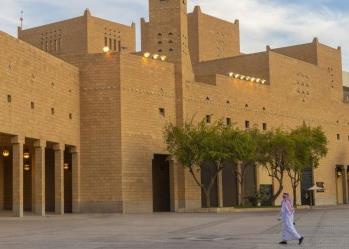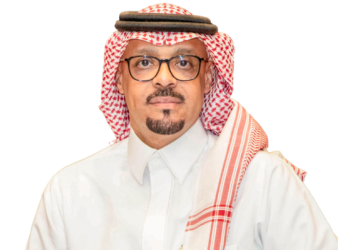
Interview with Roman Mathieu, managing partner of Euromena Funds
The economies of the Middle East and North Africa have had a difficult few years. North Africa is still recovering from the turmoil of the Arab Spring beginning in 2011, and seeing their currencies weaken. Oil exporters growth is slowing due to budget cuts.
Regional and cross-sector private equity funds, which invest in a very diverse set of companies, are naturally hedged against the uncertain regional economic outlook. Lebanons Euromena Funds takes this strategy further by investing in companies driven by young, growing populations, and helping them enter multiple markets.
The region is unstable, and every country has issues, but the one thing that cant change is the attractive demographics, says Romen Mathieu, managing partner at Euromena. The emerging middle class and the young population drive the need for education, healthcare, banking, and insurance services along with retail and entertainment. This make the region an ever growing consumer market.
Diversifying across the region and a variety of sectors can protect equity funds from political and currency risk.
Diversification is key, as such, our fund does not invest more than a certain percentage of its assets under management in one country or geography says Mathieu. We apply the same diversified approach across industry sectors, as such, we were less impacted than some of our peers by regional events such as the recent uprising in Egypt.
A few countries in the region, most importantly Egypt, also have high levels of currency risk. The Egyptian pound is thought to be around a quarter overvalued, and a devaluation of the official rate seems unavoidable. While importers and manufacturers are highly affected by the currency crisis, services and technology companies could benefit.
We invest in companies that are naturally hedged against currency devaluation, says Mathieu. For example ITWorx, which we are in the process of exiting, has most of its costs in Egyptian pounds, and 95 per cent of its revenue in hard currencies, as it has sales in the US, Europe and the Gulf.
The ITWorx investment is one of the last three companies remaining from the Euromena I fund, which began its acquisitions in 2006.
Euromena plans to exit the six companies of the Euromena II fund, which was invested from 2011, by 2018. The exit plans are not being affected by the difficult economic conditions in the firms countries of origin, Lebanon, Egypt and Algeria.
We are currently exiting thee companies in Egypt from the Euromena I fund, and there is no indication that valuations are down, says Mathieu. We have significantly increased the quality of the companies that we invested in, by taking them regional, and strengthening their management and their balance sheets.
The other Egyptian exits include agriculture and poultry company Wadi Holding, and printing and packaging firm Wataniya.
Euromenas approach to private equity is about expanding companies into other regional markets. They focus on business that have this potential, and look for synergies across the entire portfolio.
Our strategy is to take them from a local level to a regional leading group, by developing the companys activities outside the country of origin in places such as the GCC or Africa, says Mathieu. We use our strong network of contacts including our LPs [limited partners] to assist in our companies expansion plans.
For example, Euromena grew Lebanese building materials supply firm Sodamco from two to eight markets before exiting to St Godain Weber in 2012. It made a 50 per cent return on investment, its highest ever.
The private equity firm closed the second round of its Euromena III fund in June 2016, and has already made three investments worth $50m. The $150m fund has an expanded profile to cover all of Africa.
Euromena III will be fully invested by the end of 2017, and Euromena may turn its attention to the growing renewables and private sector infrastructure market in the Middle East.
We are looking at IPPs [independent power projects] and PPP [public private partnerships] more broadly but we dont expect to conclude any infrastructure investments in the Euromena III fund, says Mathieu. Our objective is to raise an infrastructure fund in the next few years, but you need solid governance and we dont see that yet.
For now, the focus remains on population and consumption driven sectors. Mathieu is not concerned over the growing number of private equity funds competing in the Middle East, all looking at population growth as the key driver of profits.
We are a regional fund, covering a large area, so there is room for many more players, says Mathieu. In fact we value the competition as it makes the market more mature. It used to take a year to close a deal when we started a decade ago because we had to explain and educate about our business. Now it is six months and maybe it will be less in the future.
You might also like...

UAE builds its downstream and chemicals potential
24 April 2024

Acwa Power eyes selective asset sales
24 April 2024

Bahrain mall to install solar carport
24 April 2024

Aramco extends Karan field bid deadline
24 April 2024
A MEED Subscription...
Subscribe or upgrade your current MEED.com package to support your strategic planning with the MENA region’s best source of business information. Proceed to our online shop below to find out more about the features in each package.








